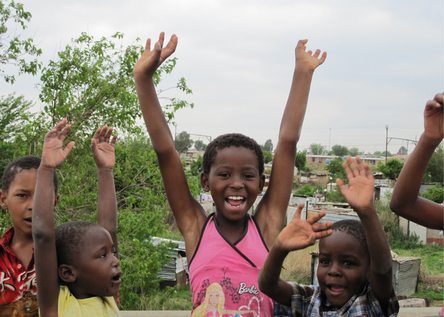
 On July 9 this year, Kenyan filmmaker Silas Miami posted a tweet asking Kenyans to share their most unbelievable experience in boarding school. Expecting replies about quirks and naughty incidents, Miami was in for a surprise. The stories which emerged from the replies were simply horrifying. They were stories of abuse and extreme violence, including broken limbs and rape, meted out on children.
0 Comments
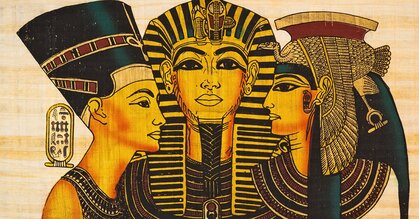
In the early weeks of the Covid-19 pandemic in 2020, the government announced, with great fanfare, that students of Kenyatta University students had invented an ventilator that could help with patient treatment. The CS of Trade and Industrialization, Betty Maina, and of Health, Mutahi Kagwe, visited the students and lauded the local innovation in response to the pandemic.
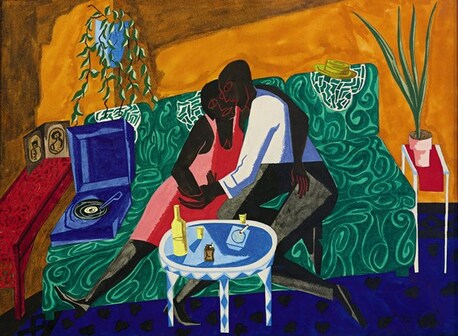 "The Lovers," painting by Jacob Lawrence "The Lovers," painting by Jacob Lawrence To the frustration of many, the world’s media is engaged in the gripping reality show, cum soap opera, surrounding Oprah’s interview of The Sussexes last week. To such people, it is a waste of world’s energy and resources to focus on private matters. Instead, they say, we should discuss important issues affecting ordinary people and the planet. However, matters of the British royal family are as political as they get. Not because it matters who gets married and how many children are born, but because the whole performance of the intrigues of the British royal family is a part of the cultural system that legitimizes global capitalism. As John Davis wrote in Counterpunch last year, the royal family serves a political purpose, which is to justify “Britain and its cruel inequities.’” Through the fanfare of royal rituals, tabloid frenzy and fairy tale weddings, the royal family “stifles overt class dissent, forever bubbling beneath the surface of British society.” 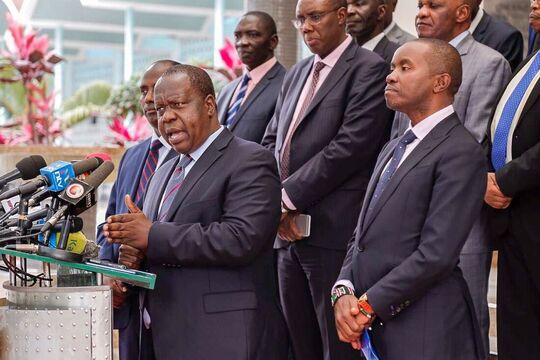 Despite the opposition of many Kenyans to BBI, there is a sense that politicians are moving with the project full steam ahead and there is nothing the people can do about it. More perplexing is the fact that with elections in just over a year, the fear of what supporting BBI could do to their political careers does not seem to faze the politicians. What explains this powerful force against democracy? 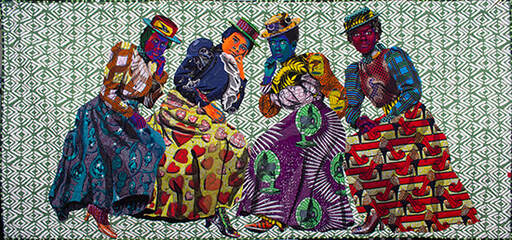 Bisa Butler, ‘I Know Why the Caged Bird Sings,’ 2019, Cotton, wool and chiffon, quilted and appliquéd, 50 x 129 in. (127 x 327.6 cm). Private collection. Bisa Butler, ‘I Know Why the Caged Bird Sings,’ 2019, Cotton, wool and chiffon, quilted and appliquéd, 50 x 129 in. (127 x 327.6 cm). Private collection. A few years ago, I attended a public lecture by Micere Mugo at the University of Nairobi. The event was electrifying, and there were three memories that have stayed with me. First was to hear Prof Mugo’s journey of being an African woman in an anti-African world. Recounting her journey was not a story about her, but a story about all of us. From the toxic space that was (and still is) Kenya, to Zimbabwe where she initially landed and finally the United States, Prof Mugo was profoundly African and connected with brothers and sisters wherever she landed. She would later say at a lecture at Riara University, words which I tweeted and may therefore not be verbatim: “If you have chosen the path of struggle, you must have the courage to build a new home wherever your path leads. Don't romanticize home; you must have the courage to make new homes and new roots.” 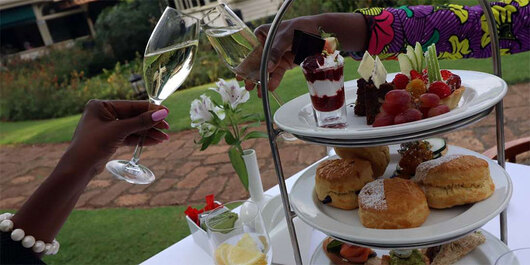 English tea at a Kenyan restaurant. Photo by Diana Ngila, Courtesy Business Daily English tea at a Kenyan restaurant. Photo by Diana Ngila, Courtesy Business Daily After two decades of the neoliberal gutting down of the Kenyan university, Kenya’s president has now gone for the university’s jugular. He has cut off the university as the remaining route of social advancement to the elite class which had maintained a semblance of independence from direct patronage of Kenya’s aristocracy. 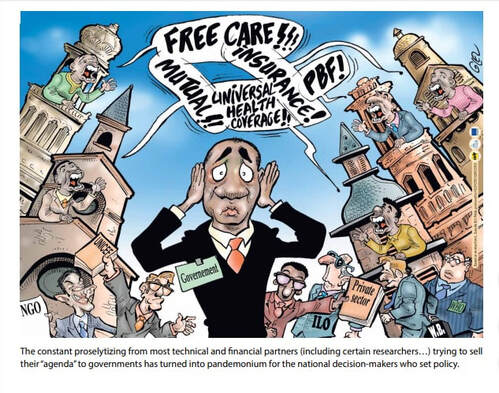 Ludovic Queuille and Valery Ridde, "Healthcare financing and access in West Africa Empirical and satirical!" Ludovic Queuille and Valery Ridde, "Healthcare financing and access in West Africa Empirical and satirical!" A few years ago, I noticed an interesting phenomenon in the profile of applicants for language faculty positions. A number of degree holders had studied, especially in the UK, language teaching, rather than linguistics or education. This meant that the interviews revealed gaps in the candidates’ theoretical and technical grasp of either field. An additional phenomenon, which was more worrying, was that when we asked some about their PhD aspirations, some of the applicants were not interested in pursuing their discipline. Some wanted to go into development and related fields, others into the more attractive degrees like communication. More disturbing among the literature aspirants was that some were not familiar with the latest fiction and other artistic output by Kenyans. |
|
 RSS Feed
RSS Feed
